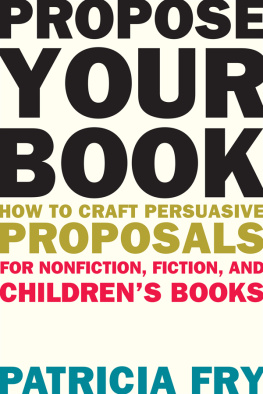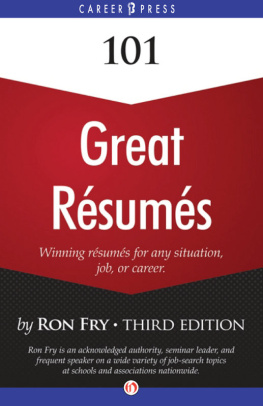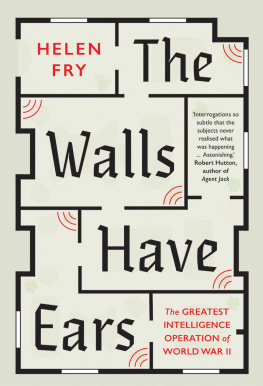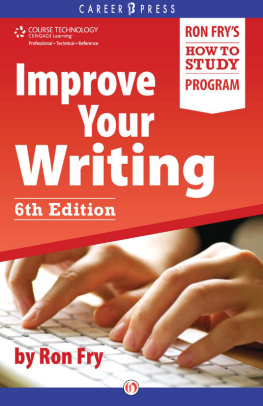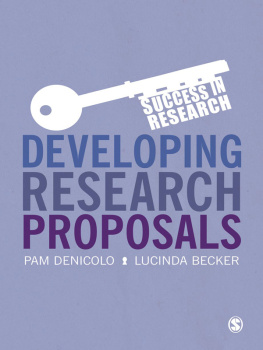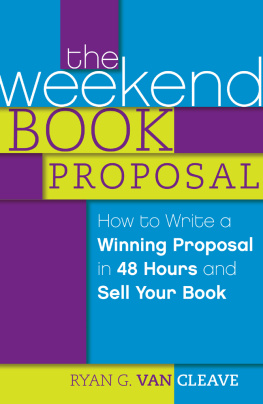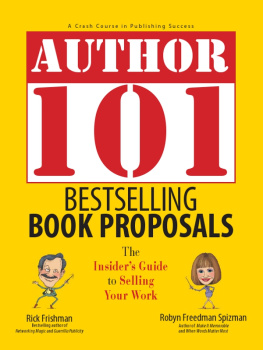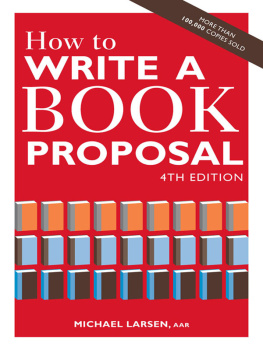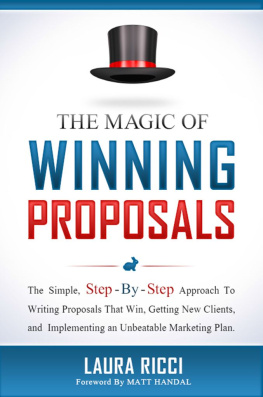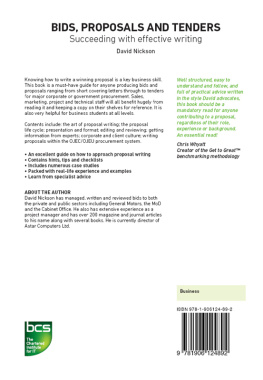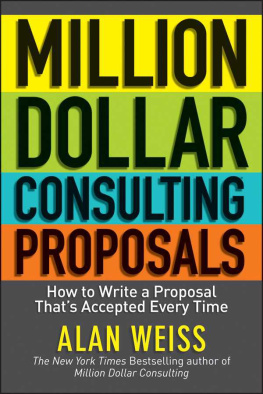Copyright 2015 by Patricia Fry
All rights reserved. Copyright under Berne Copyright Convention, Universal Copyright Convention, and Pan American Copyright Convention. No part of this book may be reproduced, stored in a retrieval system, or transmitted in any form, or by any means, electronic, mechanical, photocopying, recording or otherwise, without the express written consent of the publisher, except in the case of brief excerpts in critical reviews or articles. All inquiries should be addressed to Allworth Press, 307 West 36th Street, 11th Floor, New York, NY 10018.
Allworth Press books may be purchased in bulk at special discounts for sales promotion, corporate gifts, fund-raising, or educational purposes. Special editions can also be created to specifications. For details, contact the Special Sales Department, Allworth Press, 307 West 36th Street, 11th Floor, New York, NY 10018 or .
19 18 17 16 15 5 4 3 2 1
Published by Allworth Press, an imprint of Skyhorse Publishing, Inc.307 West 36th Street, 11th Floor, New York, NY 10018. Allworth Press is a registered trademark of Skyhorse Publishing, Inc., a Delaware corporation. www.allworth.com
Cover design by Mary Belibasakis
Library of Congress Cataloging-in-Publication Data is available on file.
Print ISBN: 978-1-62153-467-9
Ebook ISBN: 978-1-62153-477-8
Printed in the United States of America.
CONTENTS
INTRODUCTION
At some point during the process of writing a book, you may realize that you need a book proposal. Maybe youve finished writing your memoir, travel guide, business book, cookbook, mystery, or historical novel and youre seeking publication. You approach a publisher or an agent who says, Please submit a complete book proposal.
Perhaps youre just thinking about writing a childrens book, a how-to, or an inspirational book and youve recently joined a local writers group or attended a writers conference. Surely, during a workshop, a presentation, or even casual networking, the term book proposal will come up.
You wonder, What is this thing called a book proposal? And some of you will resist finding out for as long as you can. Youll go ahead and write your book to please yourself. When you start receiving rejection slips from publishing houses every time you submit the finished manuscript, you may realize that you should have written a book proposal. You eventually learn that, in some cases, this formality can make the difference between a publishing contract and that dreaded rejection letter.
Not only is a book proposal required by most publishers of fiction, nonfiction, and childrens books today, you (the author) should consider it a mandatory part of the book writing/publishing process. Why? A complete book proposal can help you to make better decisions on behalf of your book project, and thus experience greater success.
If youve resisted the task of writing a book proposal or if those youve submitted have been rejected, this book is for you. If youve just entered into the world of authorship and youre faced with the prospect of writing a book proposal, keep reading.
Propose Your Book is designed to take the mystery out of the book proposal. I know how overwhelming writing that first one can be. I was introduced to the book proposal over three decades ago and I didnt take too kindly to the idea. After dodging the bullet for as long as I could, there came a time when it was inevitable. I had to bite that very same bullet and write my first book proposal. Ive since written dozens of my own book proposals and Ive coached many other authors through the process of writing theirs.
Keep in mind that todays book proposal is not the same document required by publishers in the 1980s and 90s. Over the years, as the publishing industry has changed, the book proposal has taken on a new significance and form. The online courses I taught throughout the early 2000s, and the subsequent book I wrote featuring tips for writing a book proposal (2004), are no longer in alignment with industry standards.
While there are hundreds more publishing options and opportunities for authors today, there is also an enormous increase in competition. What does this mean for you, the hopeful author? It means that you need all of the ammunition you can muster in order to succeed with your project. Educate yourself about the publishing industry and enter into it only after you are entirely and completely prepared.
In order to succeed in the highly competitive publishing business, its imperative that you strive to keep up with the trends and requirements of the industry. Part of that requirement for most authors involves writing a book proposal.
If youre stressed just thinking about this daunting task, the information and suggestions in this book may provide the antidote you need. Herein, youll learn to successfully meet the challenges of writing the all-important and necessary book proposal with elevated understanding and purpose.
Part One
The Book Proposal Explained
T he first step in the process of writing a successful book proposal is to understand what it is and what its supposed to do. Dont skip over or simply skim these four chapters. They are designed to teach you the basic premise of the book proposal and reveal all of the necessary elements. Well also suggest some impressive enhancements you can incorporate into your book proposal for both fiction and nonfiction.

What Is a Book Proposal and Why Do You Need One?
B efore I confuse you with the particulars of a book proposal, let me provide some important essentials. If you plan to transition from writer to published author, it is critical that you understand something about the publishing industry and how to successfully navigate within its parameters.
While writing is a crafta creative activitypublishing is a serious business. You may write from the heart, but a publisher will consider even a book of poetry from a business standpoint. A publisher is not interested in the fact that it made you feel good to write this book, that it took you ten years (or three months) to write it, that your great uncle was a writer, or even that you have an MFA degree. Well, he may be mildly interested at a human level, but the main thing he wants to know about your project is, will it make him some money?
A publisher (and a literary agent) will view your book as a product. And so should you. As an author, you must consider yourself the CEO of your book from the very beginning. Why? The answer is two-fold:
Publishing is a fiercely competitive business. In order to succeed as a published author, you must adopt a business stance. And the earlier in the process you can do this, the better.
You know more about your project than anyone else and you care more about it. Who is more qualified to take charge and make decisions on behalf of your book?
Being the CEO of your book means taking full charge of your project. Immerse yourself in a study of the publishing industry. To experience a level of success any other way is unlikely and unreasonable, and the proof is in the pudding. At last count, statistics showed that over seventy-eight percent of all books fail in the marketplace each year. Across the board, the reason is at least partially lack of author knowledge about the industry or a refusal to apply what he or she has learned.

